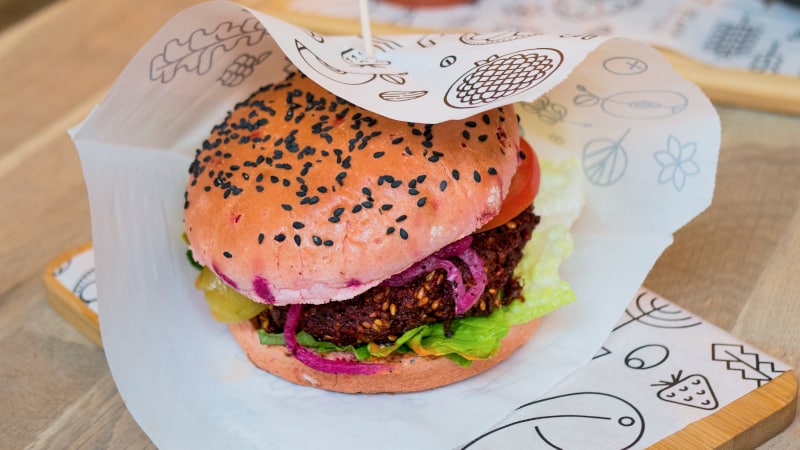Everyone has to eat, but what you eat actually has huge impacts on the planet. It often feels like environmental impacts are outside your control and made by big corporations, but changing your diet actually makes a huge difference.
Here are 5 easy changes you can make to your diet to help the planet:
1. Eat No (or Less) Meat and Dairy
While vegetarian/vegan is best, largely because of its heavy impacts on climate change, but don’t let perfection be the enemy of action. You can start small. For example, try to have at least one meatless meal a day or meatless days of the week.
Lot of people think that vegetarian food tastes bad, but my experience has been that they haven’t found good recipes. Restaurants don’t always know what to make vegetarians and will not spend a lot of effort on making tasty dishes for a smaller portion of the public. But if you have good recipes, I truly believe vegetarian food can be even better than meat dishes.
If you need ideas, follow my Pinterest account for lots of vegetarian and vegan recipes or check out the Vegan Blueberry.
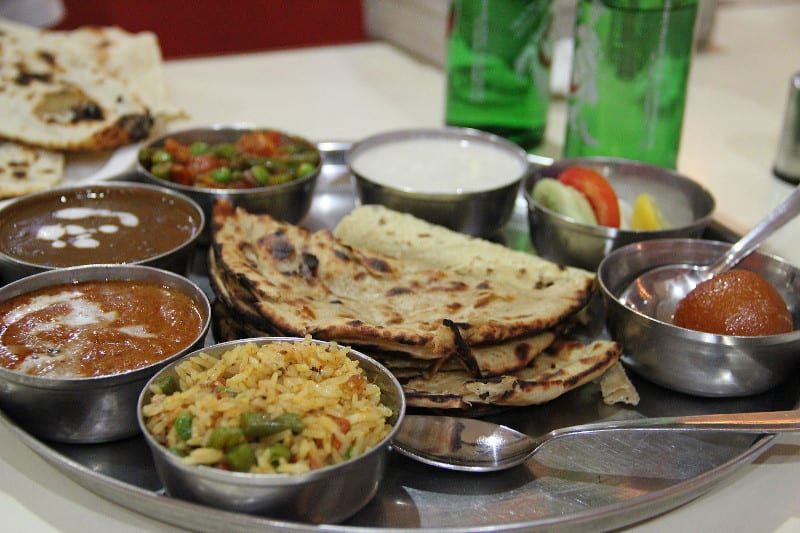
For more on the environmental impacts of a vegan diet compared to others, check out this Science Vs episode with over 100 citations.
Want to get off/reduce your meat consumption? I share my tips on the Fancy Scientist Podcast.
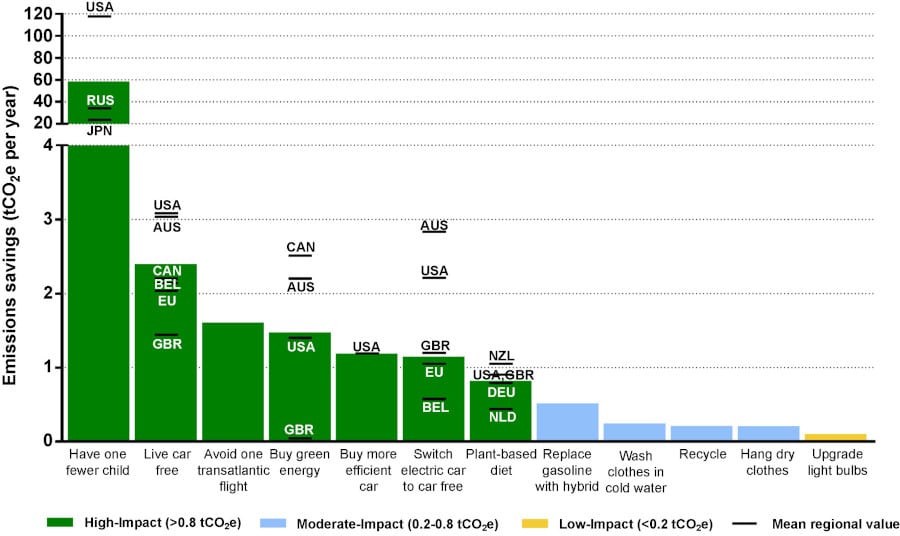
2. Shop Local
I went to a workshop on climate change and one of the presenters was giving advice on reducing your carbon footprint. I expected her to say to talk about meat and add on fly and drive less, but she actually said one of the biggest impacts is not what kind of food you buy, but where it’s from.
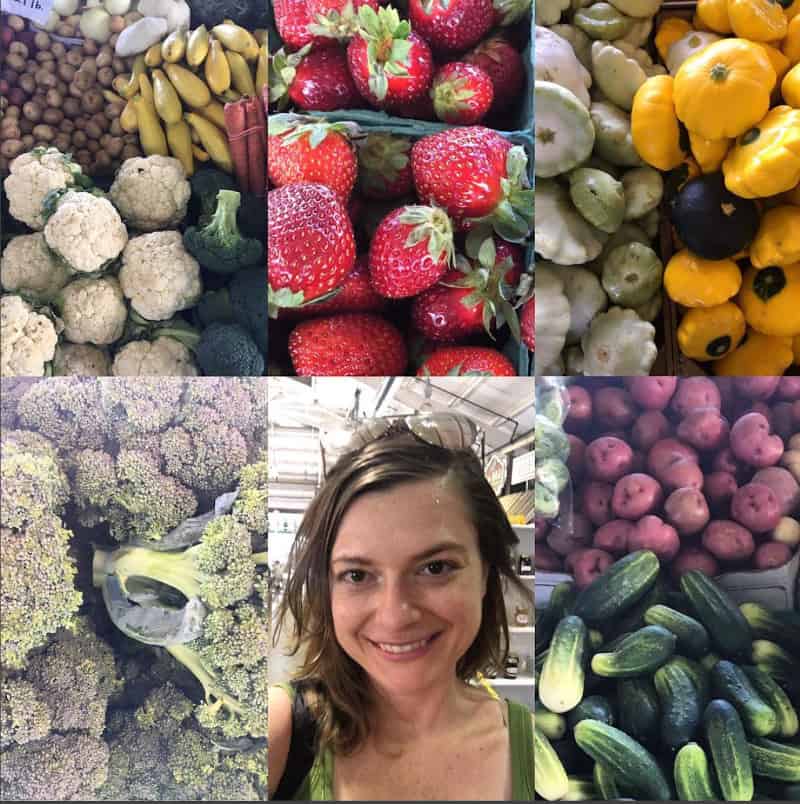
Food that is locally grown, and therefore does not have to travel far from the field to the grocery store is much better for the planet. I now buy almost all of my produce at farmer’s markets. I love supporting local farmers (especially as the daughter of a small business owner) and the carbon footprint is MUCH smaller than produce at the grocery store (unless it is local).
3. If You Eat Meat, Buy Pasture-raised or Hunt
I love vegan and vegetarian food, and prefer not to buy meat. However, if you have to have meat, then buy pasture-raised products from farmers markets, Whole Foods, Trader Joes, and sometimes large grocery stores.
Animals that are pasture-raised spend their lives in pastures. Since the quality of their diet is improved (e.g. not grain for cows, naturally occurring insects for chickens), the quality of the meat is better. So even if you don’t care about the planet, this meat is better for you and does not come with antibiotics, hormones, etc. Toxins accumulate in fat, so eating non-pasteurized fatty products like pork is not good for your body.
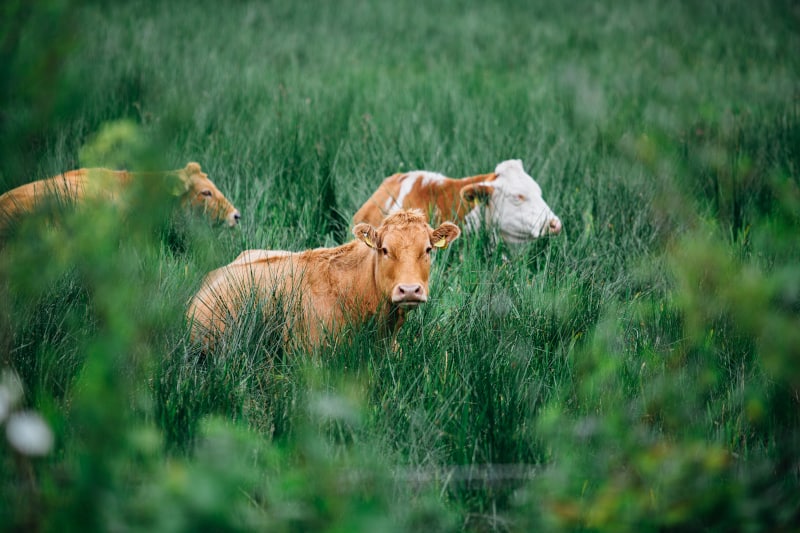
Also, the animals here at least have humane lives, where as in factory farms animals live in appalling conditions. With hunting, there are obviously no additives and all of the animals are free range to the fullest extent.
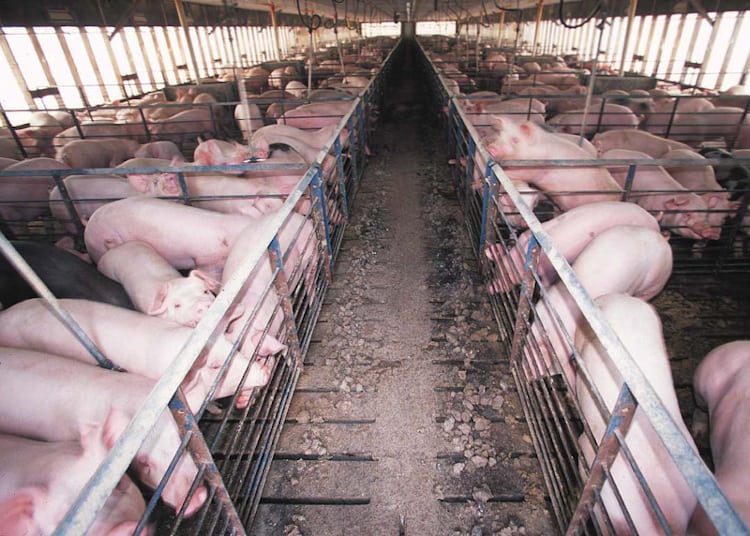
4. If You Eat Fish, Choose Sustainable Seafood
Download the Monterey Bay Aquarium’s Seafood Watch app to know what to buy. You can look up any species of fish or shellfish and the app gives you a green, yellow, or red color. These colors indicate whether you can eat the species often (green), whether you need to exercise caution and eat the animal less often (yellow), or avoid eating the animal completely (red).
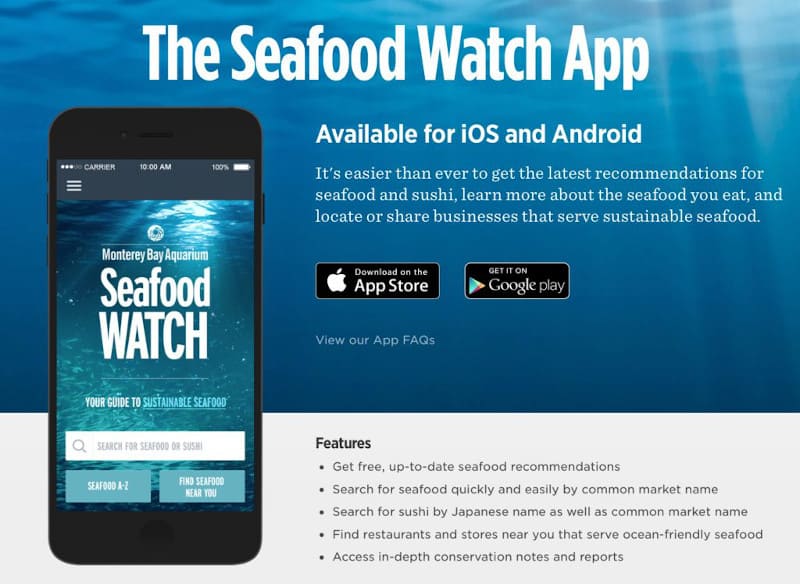
5. Buy Sustainable Palm Oil
Palm oil is found in SO MANY THINGS. Palm oil plantations are destroying habitat, which is particularly impactful for endangered orangutans, and is a major contributor to their decline.
It’s actually not best to avoid palm oil though, crazy as it sounds. Instead, purchase products they use ingredients certified by the Roundtable on Sustainable Palm Oil. This nonprofit sets environmental and social criteria, and when companies comply with these standards environmental impacts of palm oil are minimized. You can download the Sustainable Palm Oil App by the Cheyenne Mountain Zoo to know which products are friendly for these amazing apes.
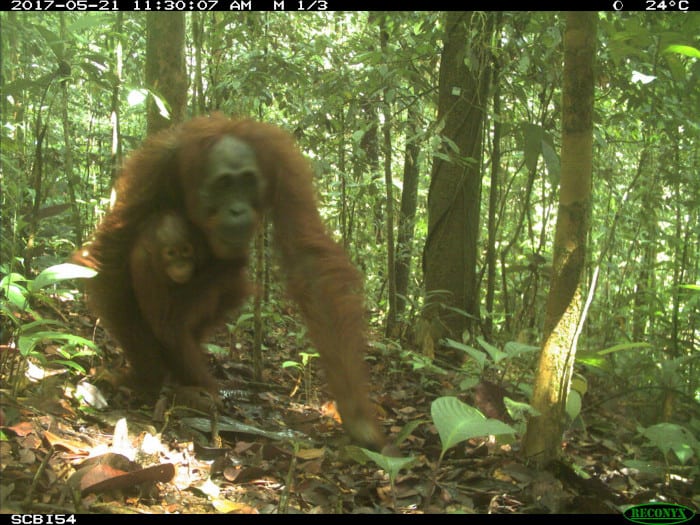
SaveSave
SaveSave
SaveSave
SaveSave
Love this post? Share it with friends!

